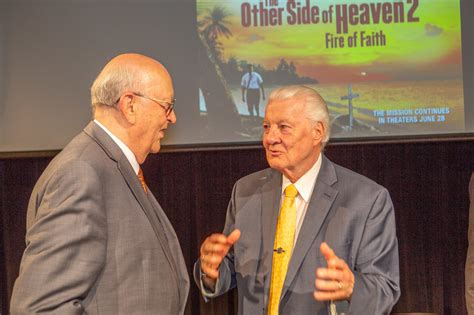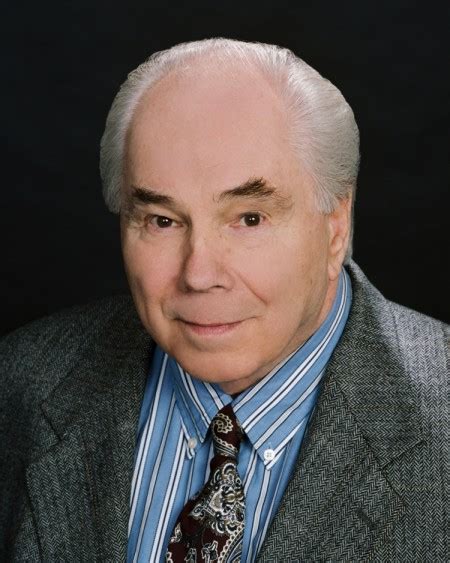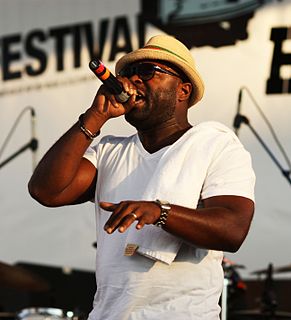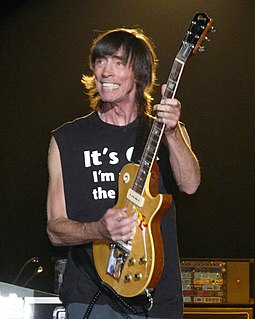A Quote by Nancy Dubuc
TV is our window on the world. It's a powerful medium for great stories that become part of our very, very personal journey.
Related Quotes
Since the purpose of reading, of education, is to become good, our most important task is to choose the right books. Our personal set of stories, our canon, shapes our lives. I believe it is a law of the universe that we will not rise above our canon. Our canon is part of us, deeply, subconsciously. And the characters and teachings in our canon shape our characters--good, evil, mediocre, or great.
The desire for story is very, very deep in human beings. We are the only creature in the world that does this; we are the only creature that tells stories, and sometimes those are true stories and sometimes those are made up stories. Then there are the larger stories, the grand narratives that we live in, which are things like nation and family and clan and so on. Those stories are considered to be treated reverentially. They need to be part of the way in which we conduct the discourse of our lives and to prevent people from doing something very damaging to human nature.
Yet again, an ancient answer echoes across the centuries: Listen! Listen to stories! For what stories do, above all else, is hold up a mirror so that we can see ourselves. Stories are mirrors of human be-ing, reflecting back our very essence. In a story, we come to know precisely the both/and, mixed-upped-ness of our very being. In the mirror of another's story, we can discover our tragedy and our comedy-and therefore our very human-ness, the ambiguity and incongruity, that lie at the core of the human condition.
Humanity's legacy of stories and storytelling is the most precious we have. All wisdom is in our stories and songs. A story is how we construct our experiences. At the very simplest, it can be: 'He/she was born, lived, died.' Probably that is the template of our stories - a beginning, middle, and end. This structure is in our minds.
Mankind's journey into space, like every great voyage of discovery, will become part of our unending journey of liberation. In the limitless reaches of space, we will find liberation from tyranny, from scarcity, from ignorance and from war. We will find the means to protect this Earth and to nurture every human life, and to explore the universe. . . .This is our mission, this is our destiny.
There are three stories that are foundational to the Islamic narrative in which women, and in two of the three cases, single women, are not just part of the story. They're at the very center of the story. Yet, that is not something that you would imagine to be true if you survey the Muslim world from the outside or from the inside. Part of the reason is that we don't really take our text seriously. We don't take our stories seriously. We're almost afraid of thinking complicated thoughts.



































